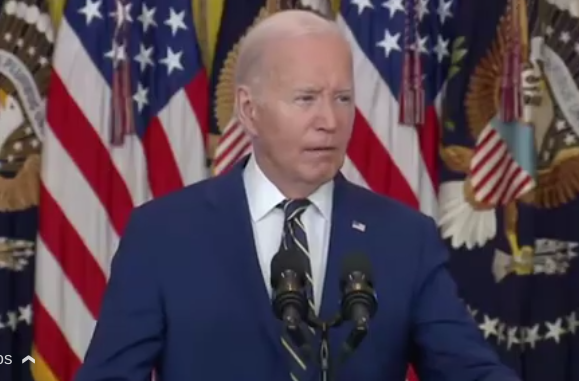
While 62% recently agreed in a survey that the proper term for unauthorized border crossers is “illegal immigrant” or “illegal alien,” a fight over a teenager’s innocent use of the phrase in a North Carolina high school in April is drawing major attention from key legal groups.
The latest to join was the Washington-based Immigration Reform Law Institute, which asked in a message to Secrets, “Is saying ‘illegal alien’ now forbidden?” The group that advocates strong border enforcement on Wednesday filed a brief in support of 16-year-old Christian McGhee.
{snip}
A nearby Hispanic and friend of McGhee pretended to be offended. The teacher later accused McGhee of racism, and despite his mother’s plea to sort out the misunderstanding, he was suspended for three days. The trauma of the case forced him to be home-schooled for the rest of the spring.
In its filing, IRLI provided documents on how common the phrases “illegal,” “illegal alien,” and others are used in law and Congress to describe border crossers.
The group cited the U.S. Court of Appeals for the Fifth Circuit, for example, that said, “There is some confusion — not necessarily in this case but generally — regarding the proper term for non-citizens who are in the United States unlawfully.
{snip}
The group, which is helping to have the teenager’s record cleaned of the suspension, also gave other examples of how terms “undocumented” and “non-citizen” are incorrect.
“Such anodyne terms may seem harmless, but their use creates both confusion in the legal system and the implication that violating U.S. immigration law is not a serious action with a serious consequence. Use of proper legal terms is essential to the administration of immigration law in the United States,” said its 19-page court filing.
It added, “To be clear, no human being is illegal. To identify someone as an ‘illegal alien’ does not banish that person from the human race; it simply identifies the individual’s immigration status. There is nothing insulting or dehumanizing about using the term alien to indicate that an individual is a non-citizen.”
{snip}
“They push words like ‘undocumented,’ which avoids describing that unpopular reality. The school in this case is obviously onboard with this anti-borders agenda, and decided to tarnish an innocent student’s reputation in its zeal to stamp out a much-needed legal term. We hope the court sees through this cruel attempt to establish Orwell’s Newspeak in North Carolina schools, and grants an injunction,” he added.
* Original Article:


